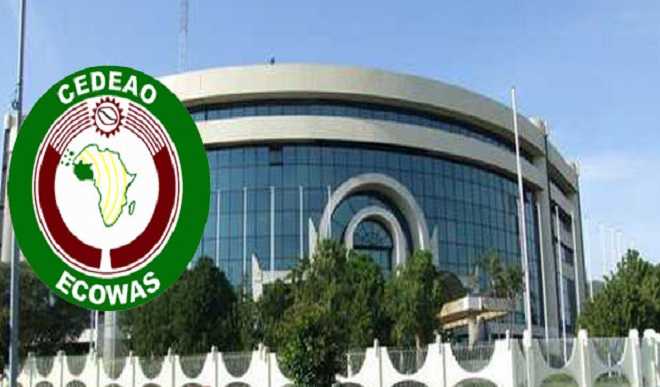Agro-commodities movement in ECOWAS under threat – Experts
Experts at a stakeholders’ consultation on the Programme for Food Across Borders (ProFAB) in West Africa recently held in Abuja, have identified a myriad of challenges, which they say, poses serious threat to free movement of agro-commodities across ECOWAS borders. In a communiqué signed by Ken Ukaoha, Secretariat President of the National Association of Nigerian […]


Experts at a stakeholders’ consultation on the Programme for Food Across Borders (ProFAB) in West Africa recently held in Abuja, have identified a myriad of challenges, which they say, poses serious threat to free movement of agro-commodities across ECOWAS borders.
In a communiqué signed by Ken Ukaoha, Secretariat President of the National Association of Nigerian Traders (NANTS), participants at the event noted that although the protocol on free movement of persons and goods had been adopted by member states of the Economic Community of West African States (ECOWAS), including Nigeria, implementation had not progressed as expected.
“Despite the fact that the ECOWAS Trade Liberalisation Scheme (ETLS) aims at removing all tariff and non-tariff barriers on ETLS approved goods including local agriculture commodities, to intra-regional trade, there are still numerous implementation setbacks such as prohibitions on commodities of ECOWAS origin with the added complications of numerous roadblocks and checkpoints on international highways,” the communiqué pointed out.
Some of the identified challenges include, lack of collaboration between various stakeholders and security services; insufficient training for cross border security personnel on the knowledge of ETLS approved goods; poor information on the ECOWAS Free Movement Protocols, rules and standard; and difficulties in accessing funding for the production, processing and marketing of agricultural commodities.
The stakeholders agreed that an inter-agency committee be established to monitor the implementation of the ECOWAS ETLS.
